A judge has ordered that three Telegram officials should give their testimony on the on-going case between the messaging app and the Securities and Exchange Commission (SEC). District Judge P. Kevin Castel of the New York Southern District Court ordered the depositions on Monday, including Telegrams founder and CEO Pavel Durov.
The two others who will be giving their testimonies are Telegram vice president Ilya Perekopsky and Telegram employee Shyam Parekh. Among the three, Parekh’s deposition will be the earliest one, which is slated on Dec. 10.
Perekopsky will follow shortly after on Dec. 16. Lastly, Durov’s testimony will be given on Jan. 7 or 8.
The case moving forward
“The parties shall meet and confer in good faith regarding the time allotted for each deposition. The 30(b)(6) Deposition and the Durov Deposition shall be conducted before a court reporter designated by the court reporting service engaged by Plaintiff for the recording and transcription of depositions, may include a videographer, and will take place at the location agreed upon by the parties notwithstanding any provision of Fed. R. Civ. P. 28(b) to the contrary,” the order read.
In October, the SEC filed a restraining order against Telegram, halting its plan to launch the TON network, which would’ve released Gram – its native cryptocurrency – to accredited and sophisticated investors in the U.S. These investors participated in the $1.7 billion token sales conducted in 2018, which they purchased at a discounted price.
Gram’s classification still up in the air
Since the regulatory agency considers Gram as security, officials argue that releasing Gram to U.S. investors might expose the regular people to these tokens that have no idea what it’s about. These investors can sell the tokens they bought in the open market once they get their hands on it.
But Telegram argues that its native currency is not a security. Moreover, the firm said that it tried to cooperate with the SEC to seek guidance but the agency didn’t provide a clear definition of what would constitute a violation. The SEC’s filing of a restraining order led to the delay of Gram’s release, which has been moved to April 30 with consent from investors.






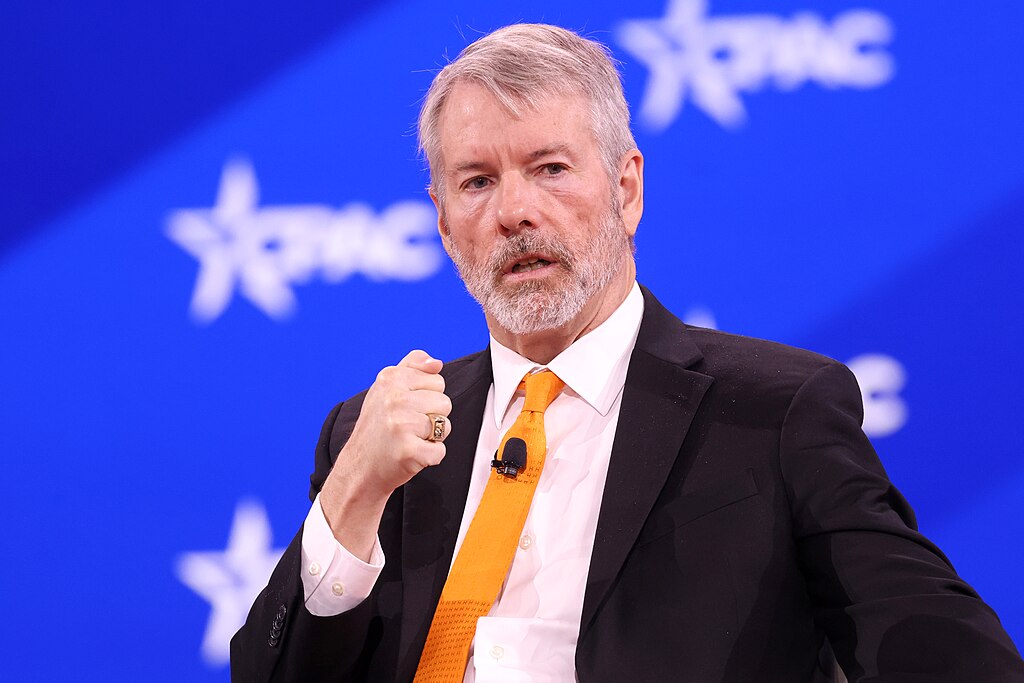

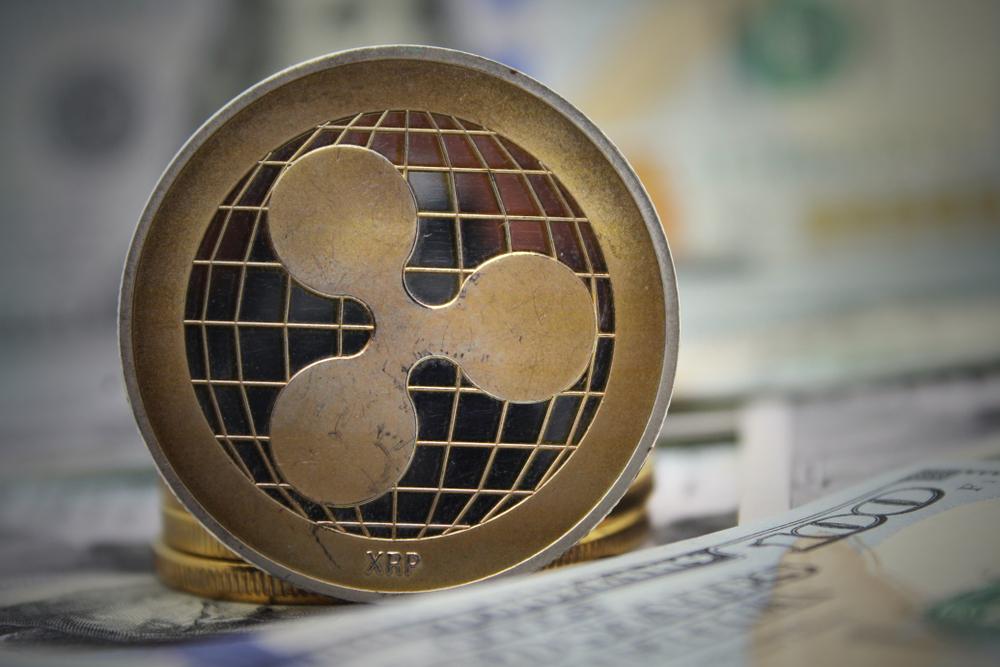




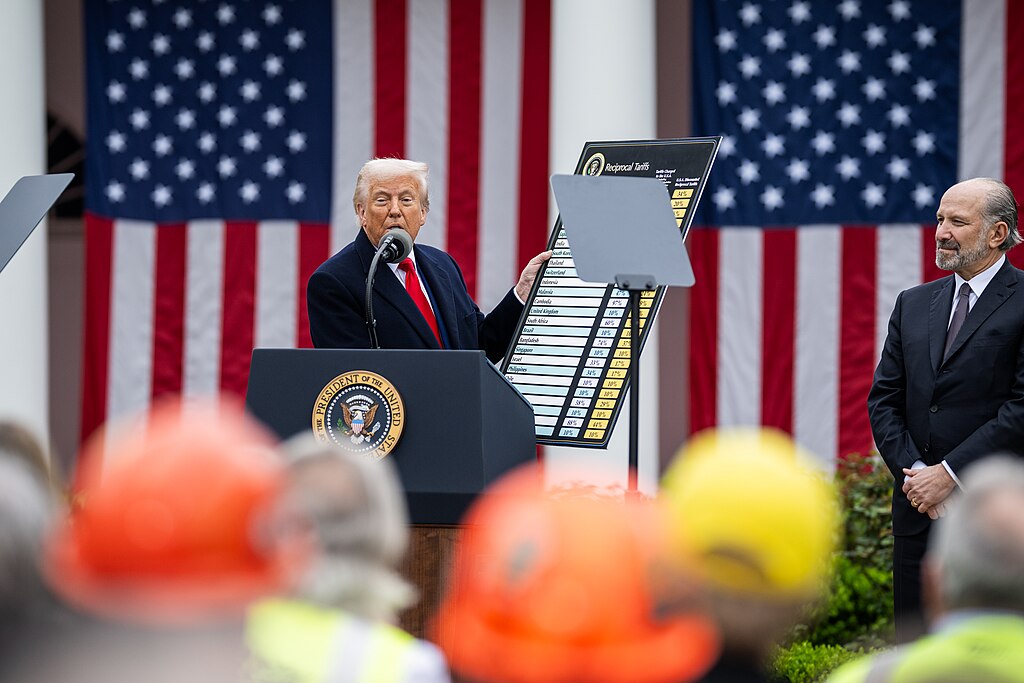






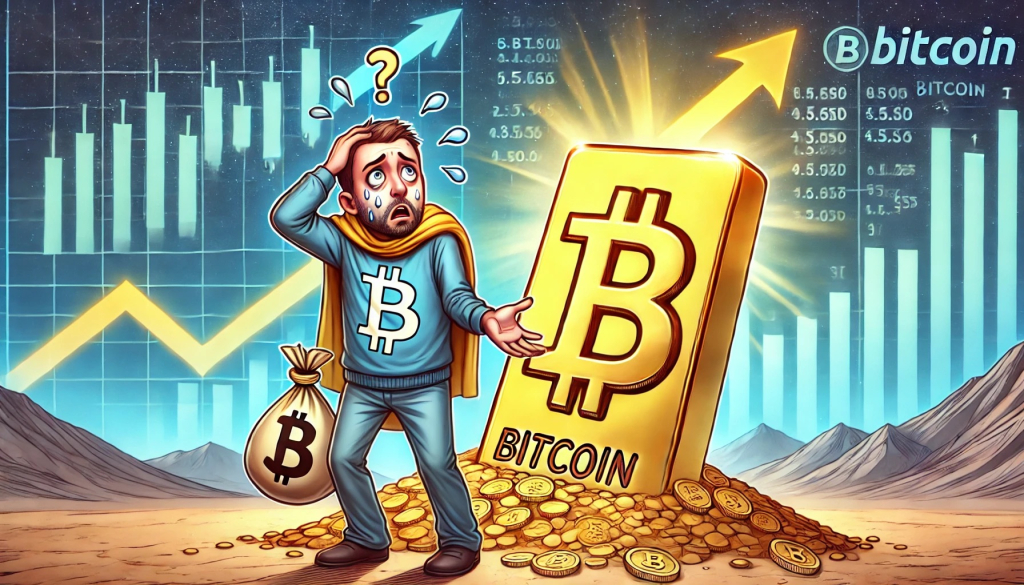



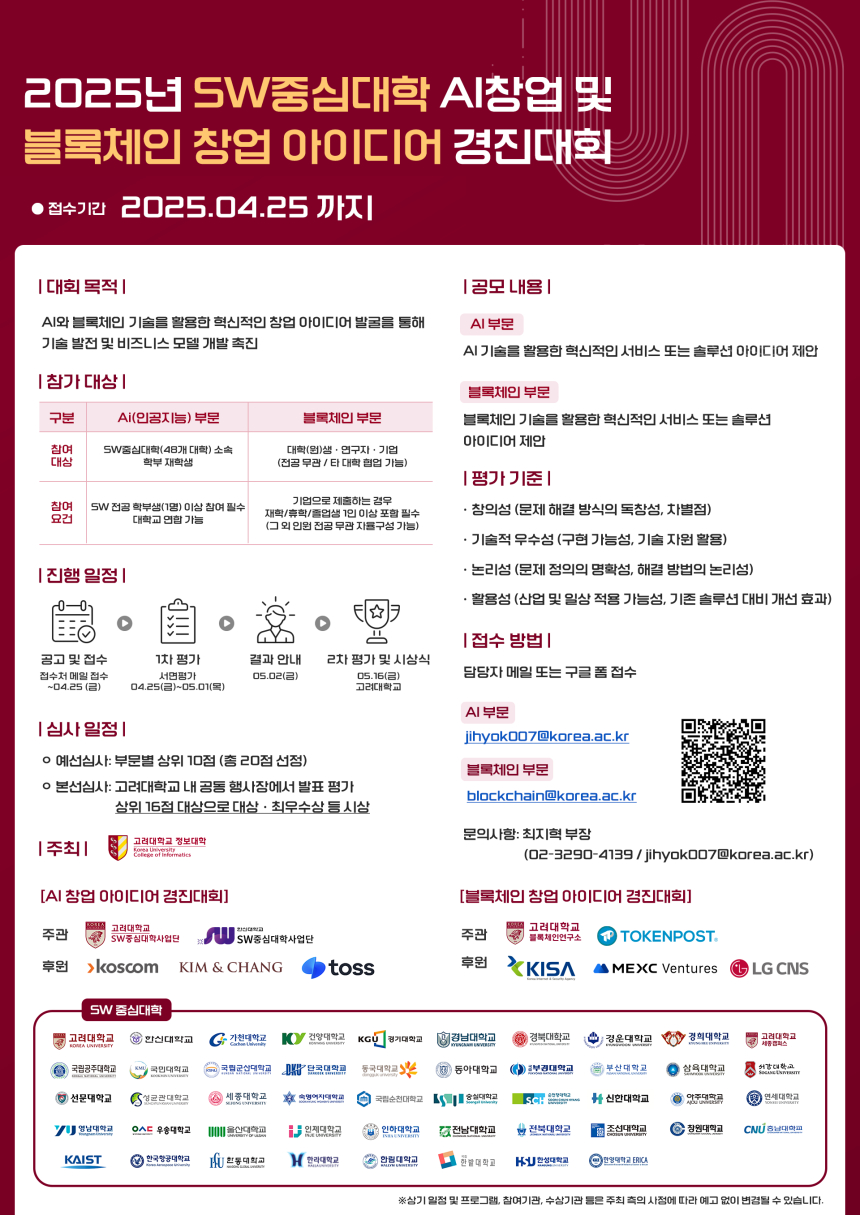
Comment 12